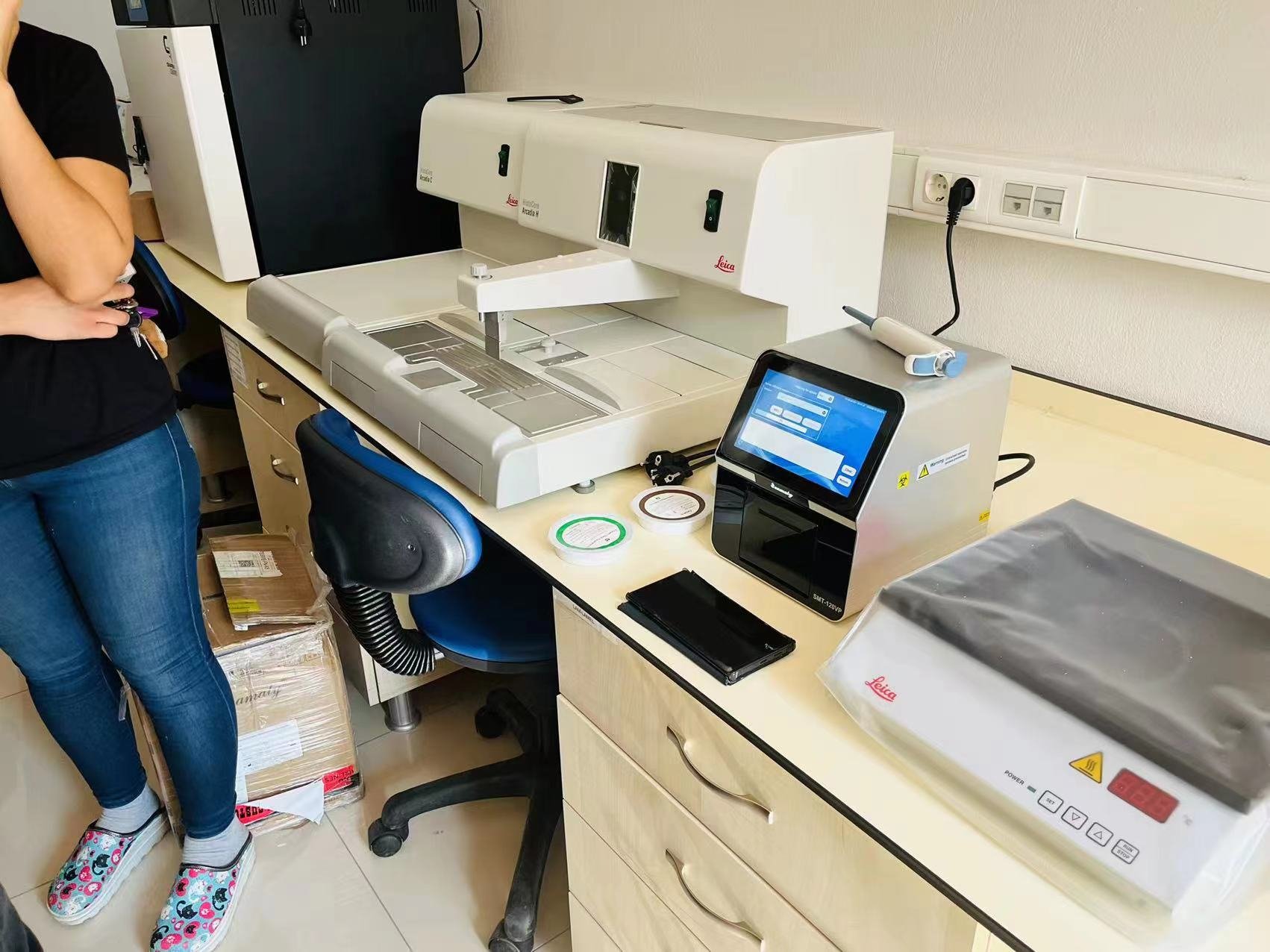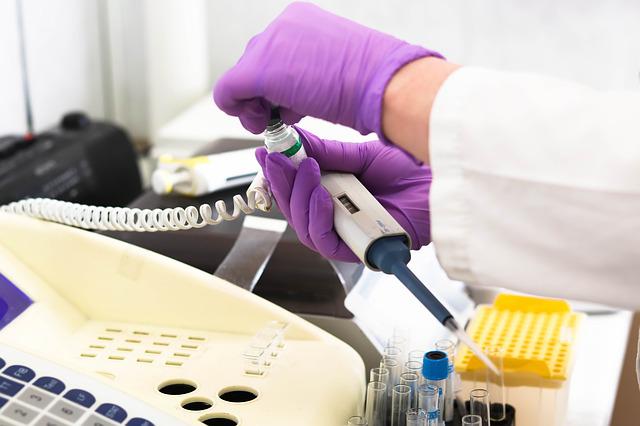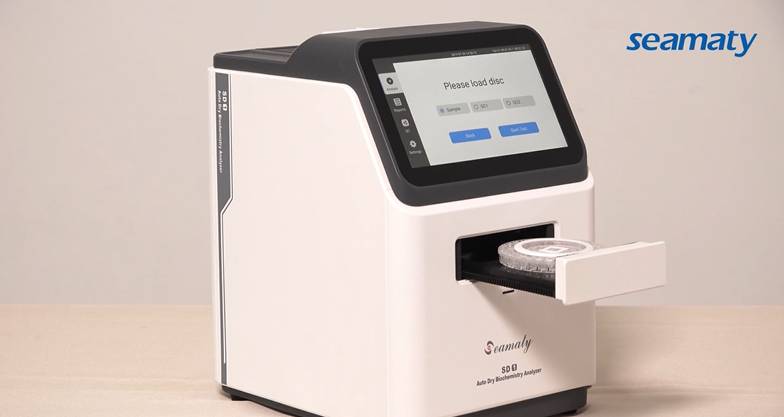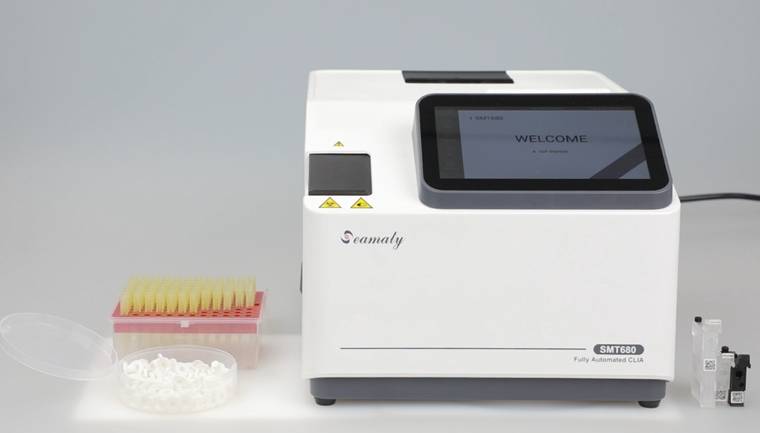In today's blog post, we're going to be discussing medical device testers. What they do, who they are for, and how you can become one yourself! Stay tuned as we explore this interesting topic.
1. What is a medical device tester and what do they do
A medical device tester is responsible for ensuring that medical devices meet quality and safety standards. They may work with a variety of devices, from blood pressure monitors to pacemakers. Medical device testers typically have a background in engineering, and they use their knowledge to identify potential risks associated with the use of medical devices. In order to test a medical device, a tester must first understand how the device works and what it is designed to do. They will then create a testing plan that includes both functional and safety tests. Medical device testers must have strong problem-solving skills in order to identify and correct any issues that they find. Additionally, they must be able to communicate effectively with both engineers and clinicians in order to ensure that all stakeholders are aware of the potential risks associated with using a particular medical device.
2. The different types of medical devices that can be tested
There are a wide variety of medical devices that can be subject to testing, from simple syringes to complex artificial hearts. In general, any device that is implanted into or used on the human body can be considered a medical device. Testing medical devices is essential to ensure that they are safe and effective for use. Typically, medical devices must go through several rounds of testing before they are approved for use. First, laboratory testing is conducted to assess the safety and effectiveness of the device. If the device passes this stage, it then undergoes clinical trials, in which it is tested on humans. Only after a medical device has undergone rigorous testing and been shown to be safe and effective will it be approved for use.
3. How to become a medical device tester
Medical device testing is a process used to evaluate the safety and effectiveness of new medical devices. The FDA (Food and Drug Administration) requires all new medical devices to be tested before they can be marketed to the public. There are two types of medical device tests: in vitro (laboratory) and in vivo (animal). In vitro tests are used to evaluate the safety of a new medical device. In vivo tests are used to assess the efficacy of a new medical device. clinical trials are also conducted on humans to further assess safety and effectiveness. Medical device testers must have a strong background in science and engineering. They must be able to understand complex technical data and be familiar with various testing methods. Good communication skills are also essential, as testers must be able to work closely with other members of the medical team. If you are interested in becoming a medical device tester, you should contact the FDA or a local university that offers this type of program.
4. The benefits of being a medical device tester
As a medical device tester, you have the opportunity to play a vital role in the development of new and innovative treatments for a variety of conditions. In addition to testing the safety and efficacy of new devices, you also provide valuable feedback that helps to improve the design of future products. As a result, your work can have a direct impact on the lives of patients around the world. In addition to the satisfaction that comes from knowing you are making a difference, medical device testers also enjoy a number of other benefits. With a wealth of experience in the field, you are well-positioned to secure high-paying positions with leading medical device companies. You also have the opportunity to travel to exotic locations and work with some of the most talented professionals in the industry. If you are looking for a challenging and rewarding career, medical device testing may be the perfect fit for you.
5. Typical duties of a medical device tester
A medical device tester is responsible for ensuring that medical devices meet quality and safety standards. Typical duties include planning and conducting tests, evaluating test results, and preparing reports. In addition, a medical device tester may be involved in the development of new testing methods or the improvement of existing ones. As medical technology evolves, it is essential that medical device testers keep up with changes in the field in order to ensure that devices are properly tested. Medical device testers must have strong analytical and problem-solving skills, as well as experience with a variety of testing tools and techniques. They must also be able to work independently and as part of a team.
6. Salary and career outlook for medical device testers
Medical device testers play an important role in ensuring the safety and efficacy of new and existing medical devices. As the demand for new and improved medical devices continues to grow, there is an increasing need for qualified medical device testers. Most medical device testers have a bachelor's degree in engineering, biology, or a related field. However, some employers may require candidates to have a master's degree or higher. The average salary for medical device testers is $85,000 per year. However, salaries can vary depending on experience, education, and location. The career outlook for medical device testers is very positive. In the coming years, there is expected to be a high demand for qualified testers as new medical devices are developed and introduced to the market.



